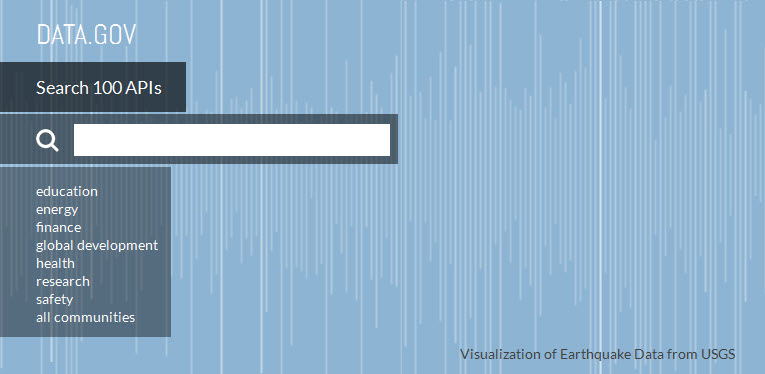Data sharing is an important part of the scientific method. The University of Pittsburgh’s Guidelines on Data Management aligns with the National Institutes of Health (NIH) and the National Science Foundation (NSF) policies stating that data developed with federal funds should be shared on request with other researchers. With federal budgets under increasing pressure, data sharing leverages public investment by:
- Speeding discovery
- Making available unique and difficult to replicate data
- Enabling the exploration of new topics
- Eliminating redundancy
- Facilitating validation studies
- Discouraging fraud
- Permitting the creation of new data sets by combining data from multiple sources
- Facilitating meta-analysis
- Encouraging diversity of analysis and opinion
Additionally, publishers such as Nature, Science, and PLoS require that supporting data be made available as a condition of publication, in turn making data more easily found online via data repositories. Benefits to researchers include increased publication citation1 rates, access to new research data, and convenient long-term storage.
What is research data?
When meeting the requirements of the NIH and NSF, data is not simply what appears in the published article: it is the “recorded factual material…necessary to validate researching findings,”2 i.e., the raw data on which summary statistics and tables are based. The University of Pittsburgh further classifies research data3 as intangible (statistics, findings or conclusions) or tangible (notebooks, videos, forms, etc.).
Is there a timeline for sharing data?
NIH mandates that final research data be shared “no later than the acceptance for publication of the main findings from the final data set.”4 Describe plans in the NIH data management plan (DMP),5 required for projects seeking $500,000 or more in direct costs in any year. The DMP is a brief paragraph following the Research Plan of the application, and does not count towards the page limit.
NSF requires sharing final research data for all projects in a “reasonable length of time6 as long as the cost is modest.” The NSF DMP5 is two pages maximum for all full proposals, and does not count towards the 15-page Project Description.
“Data Repositories: Meeting Your Research Needs” will be covered in a future article.
1. H.A. Piwowar, R.S. Day, D.B. Fridsma, “Sharing Detailed Research Data Is Associated with Increased Citation Rate,” PLoS One 3, no. 3 (2007):e308.
2. U.S. Office of Management and Budget, Executive Office of the President, Federal Register Notice re OMB Circular A-110 (Washington, D.C., September 30, 1999), http://www.whitehouse.gov/omb/fedreg_a110-finalnotice.
3. University of Pittsburgh, Guidelines on Research Data Management (Pittsburgh, PA, November 25, 2009), http://www.provost.pitt.edu/documents/RDM_Guidelines.pdf.
4. National Institutes of Health (NIH), Final NIH Statement on Sharing Research Data (Bethesda, MD, February 26, 2003), http://grants.nih.gov/grants/guide/notice-files/NOT-OD-03-032.html.
5. National Institutes of Health (NIH), NIH Data Sharing Policy and Implementation Guidance (Bethesda, MD, February 9, 2012), http://grants.nih.gov/grants/policy/data_sharing/data_sharing_guidance.htm .
6. National Science Foundation, Biological Sciences Directorate, Information about the Data Management Plan Required for all Proposals (2/20/13) (Arlington, VA, February 20, 2013), http://www.nsf.gov/bio/pubs/BIODMP061511.pdf.
~ Andrea Ketchum
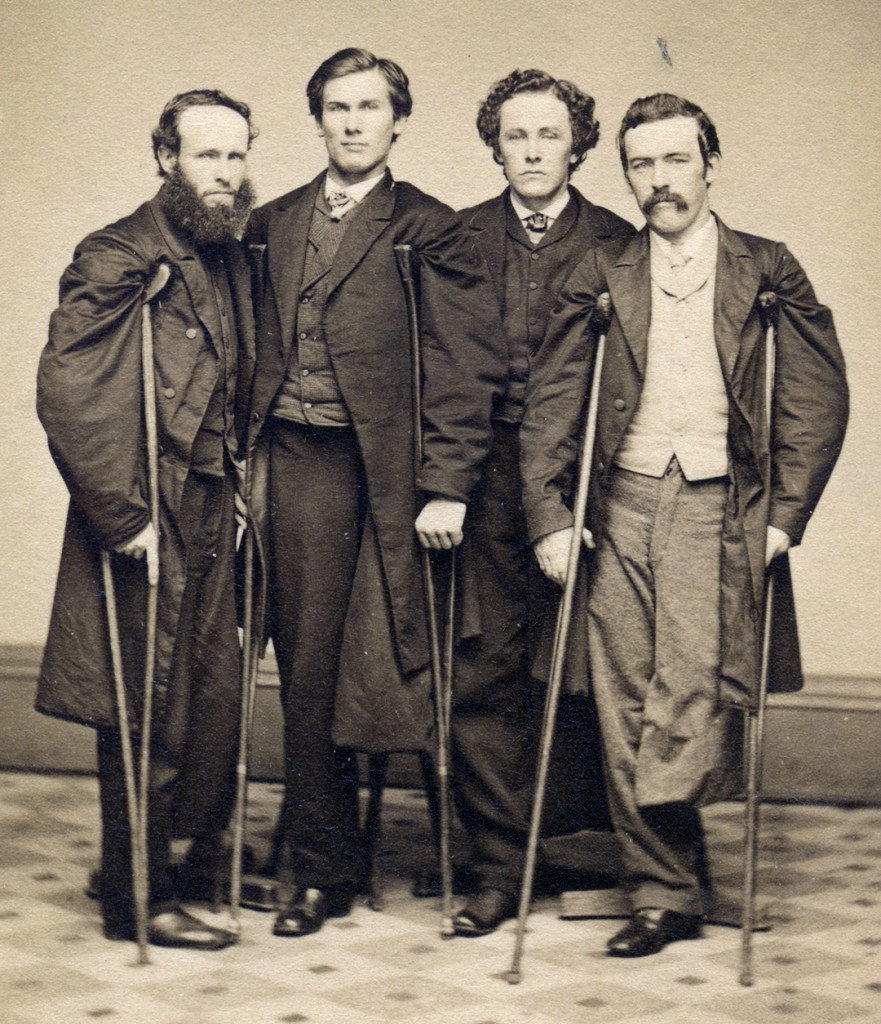

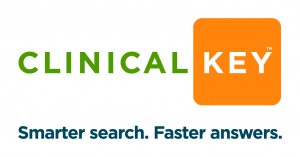
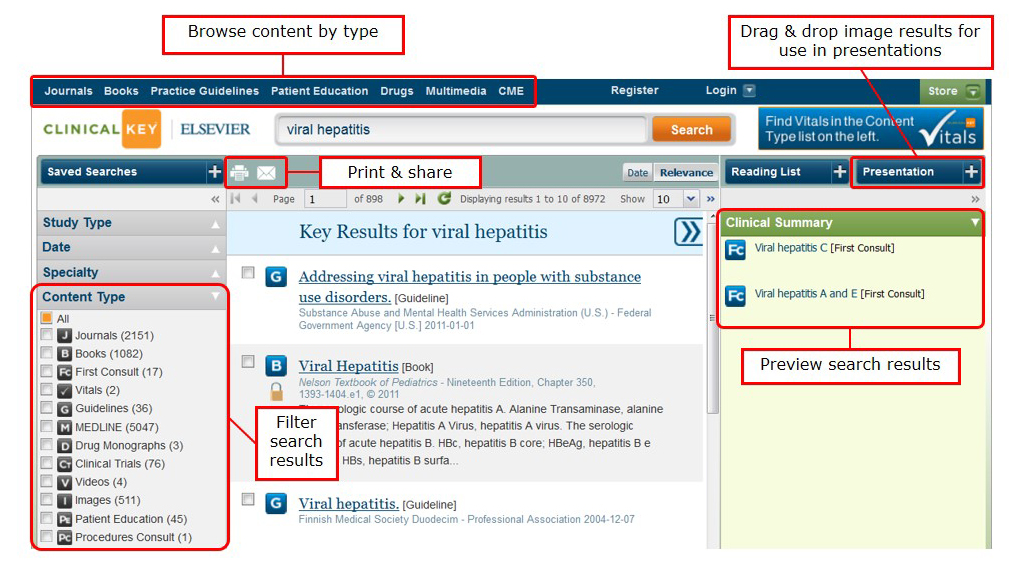
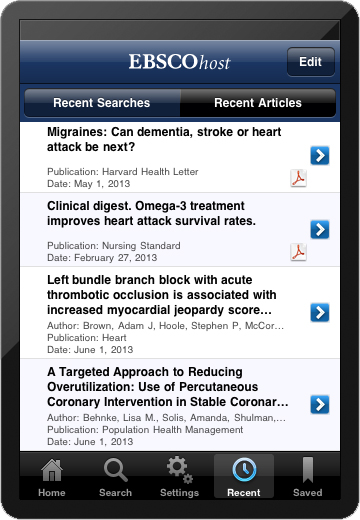 App Features
App Features